How to measure takt time versus cycle time for reliable production
Monitoring team productivity is complex and oft-frustrating work. But learning about takt time versus cycle time can help you streamline team workflows.
Anabelle Zaluski
Marketing

Anabelle Zaluski
Marketing
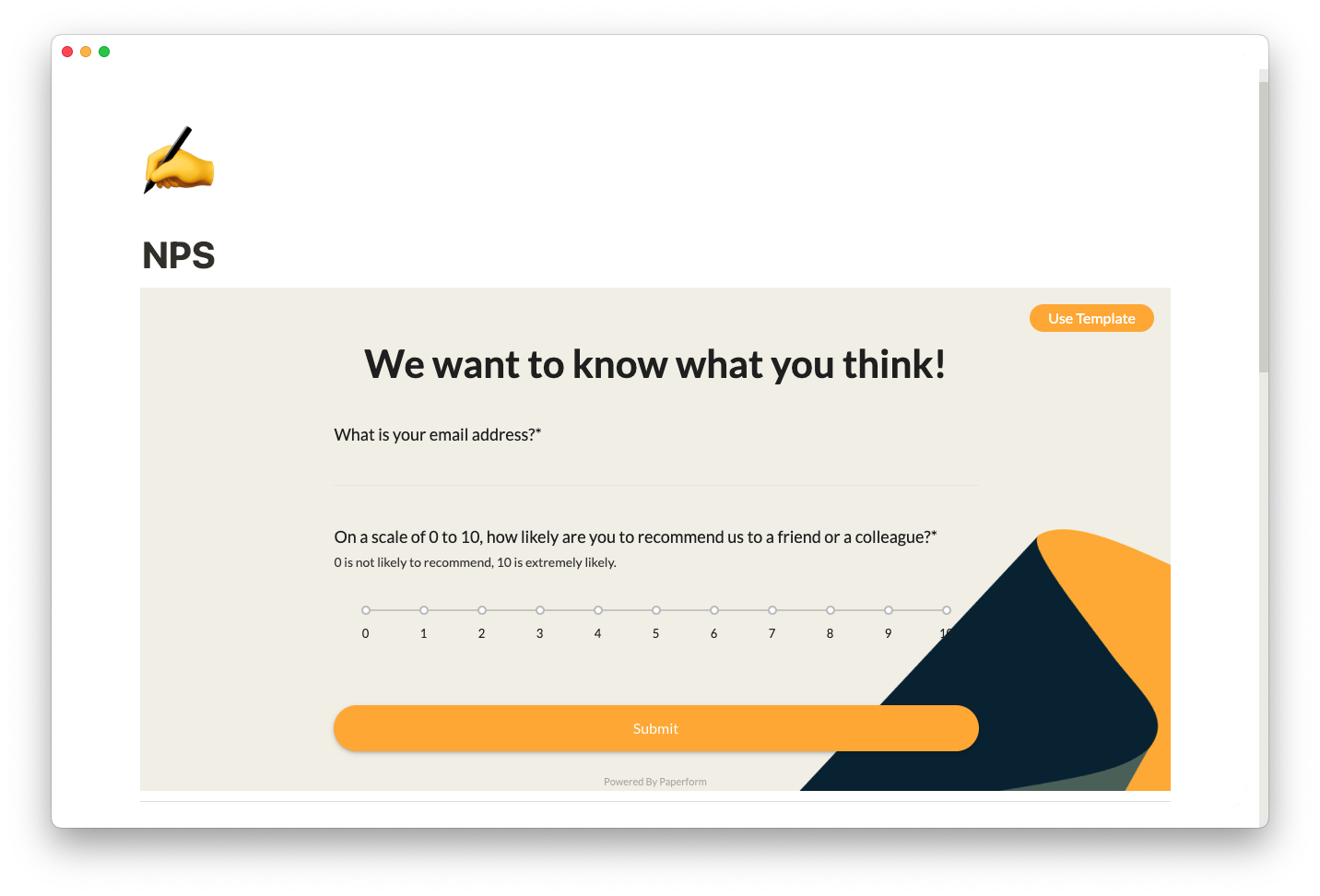

Alyssa Zacharias
Marketing
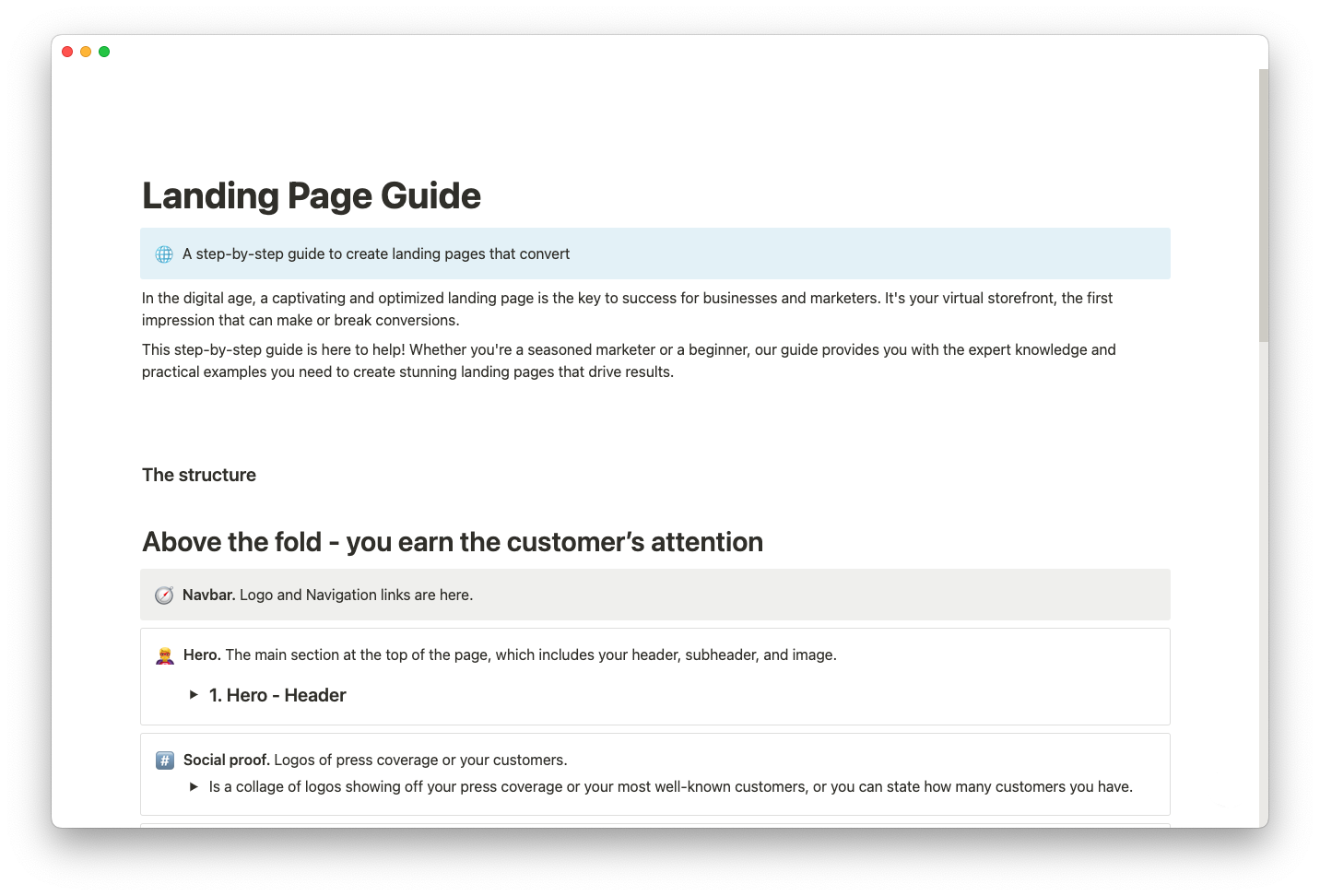

Anabelle Zaluski
Marketing
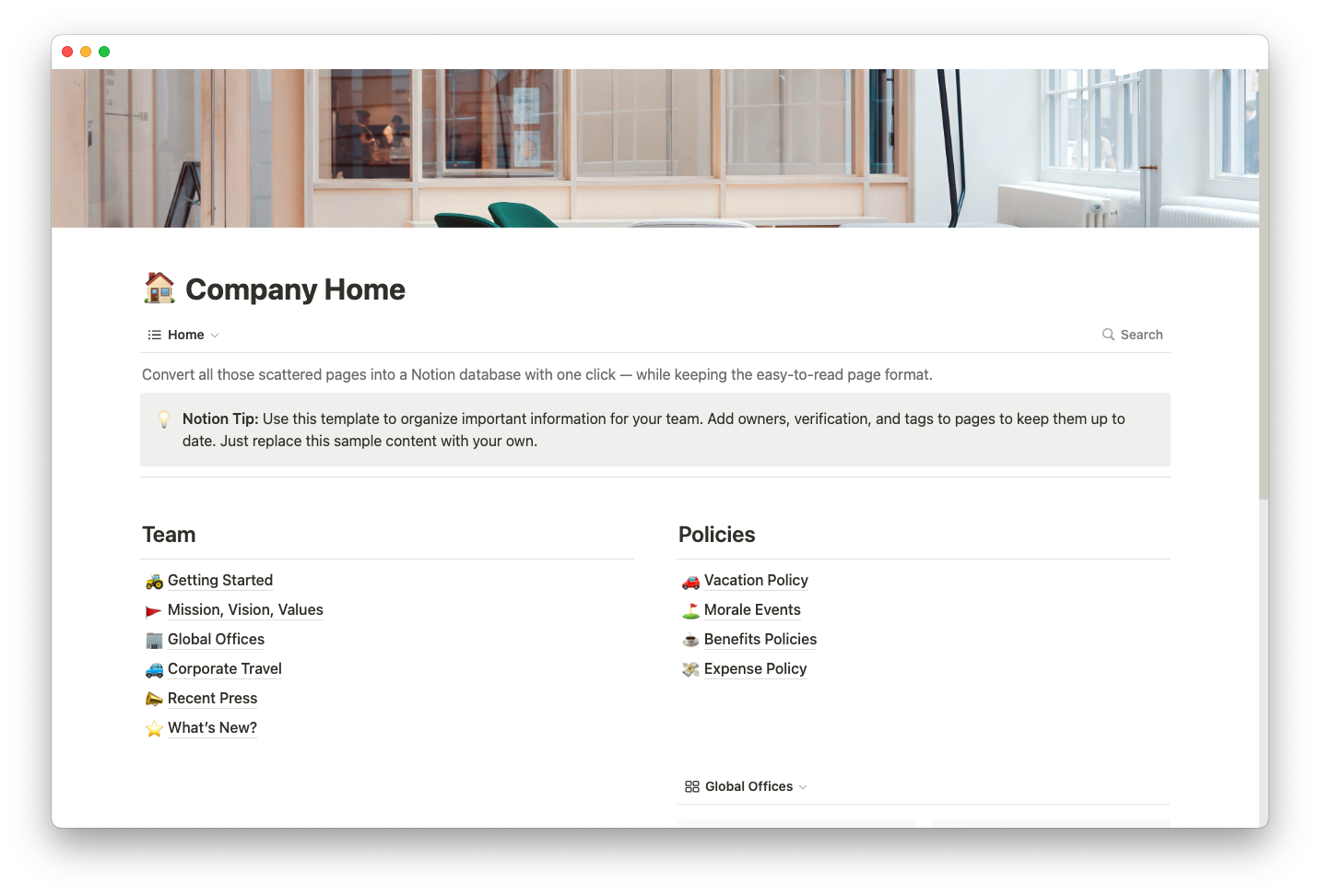

Alyssa Zacharias
Marketing

Alyssa Zacharias
Marketing
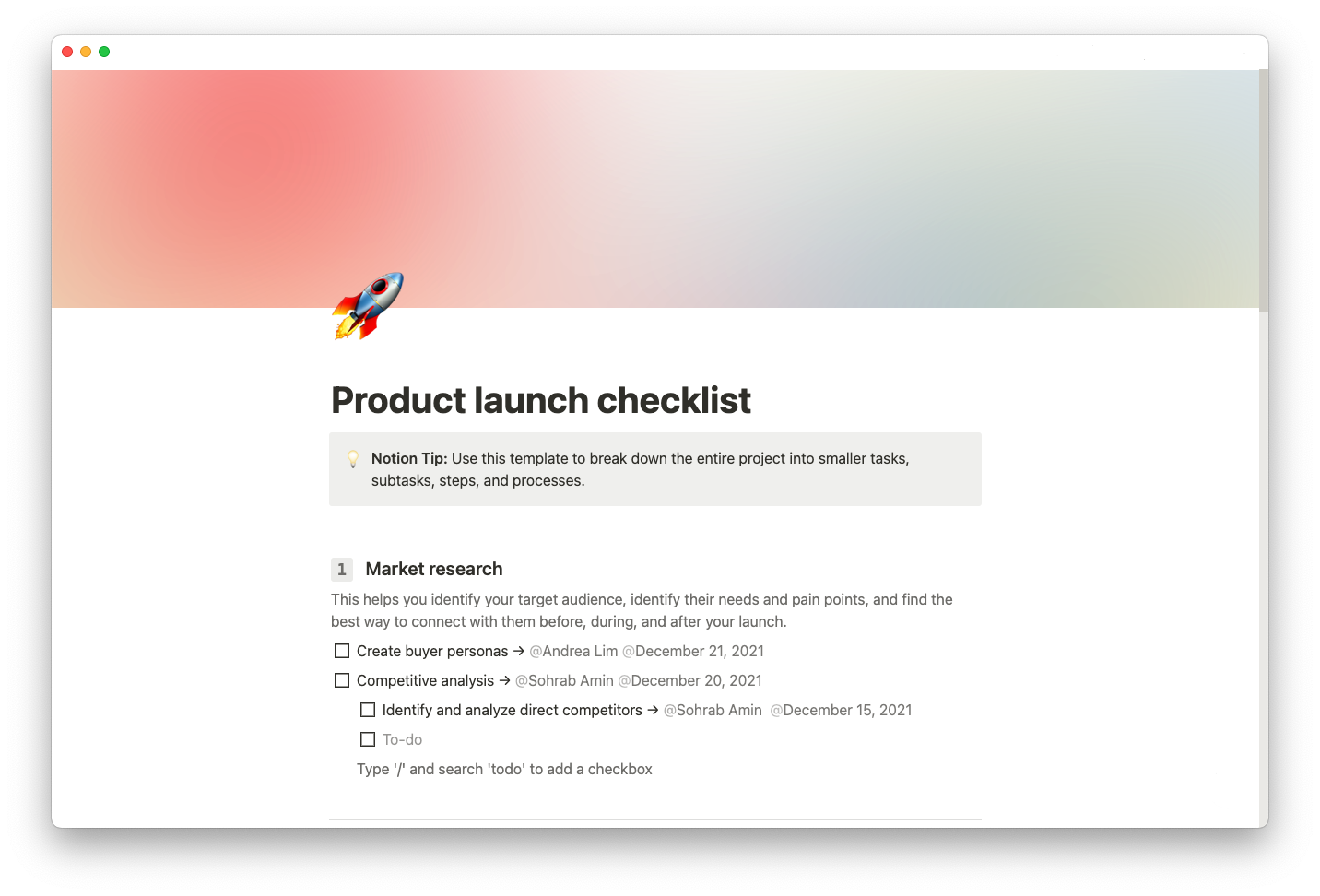

Maggie Gowland
Marketing

Maggie Gowland
Marketing

Anabelle Zaluski
Marketing


Maggie Gowland
Marketing
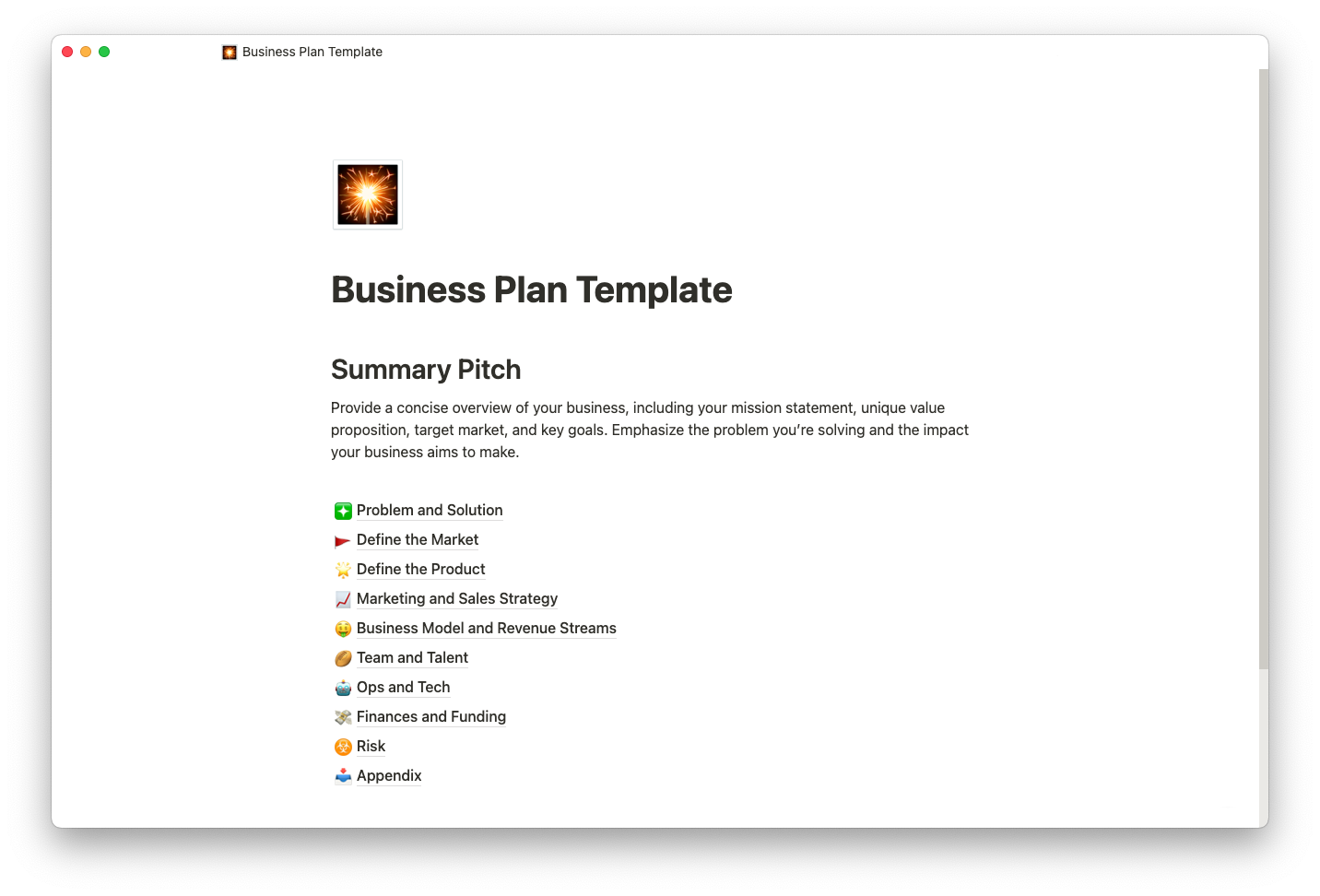

Anabelle Zaluski
Marketing